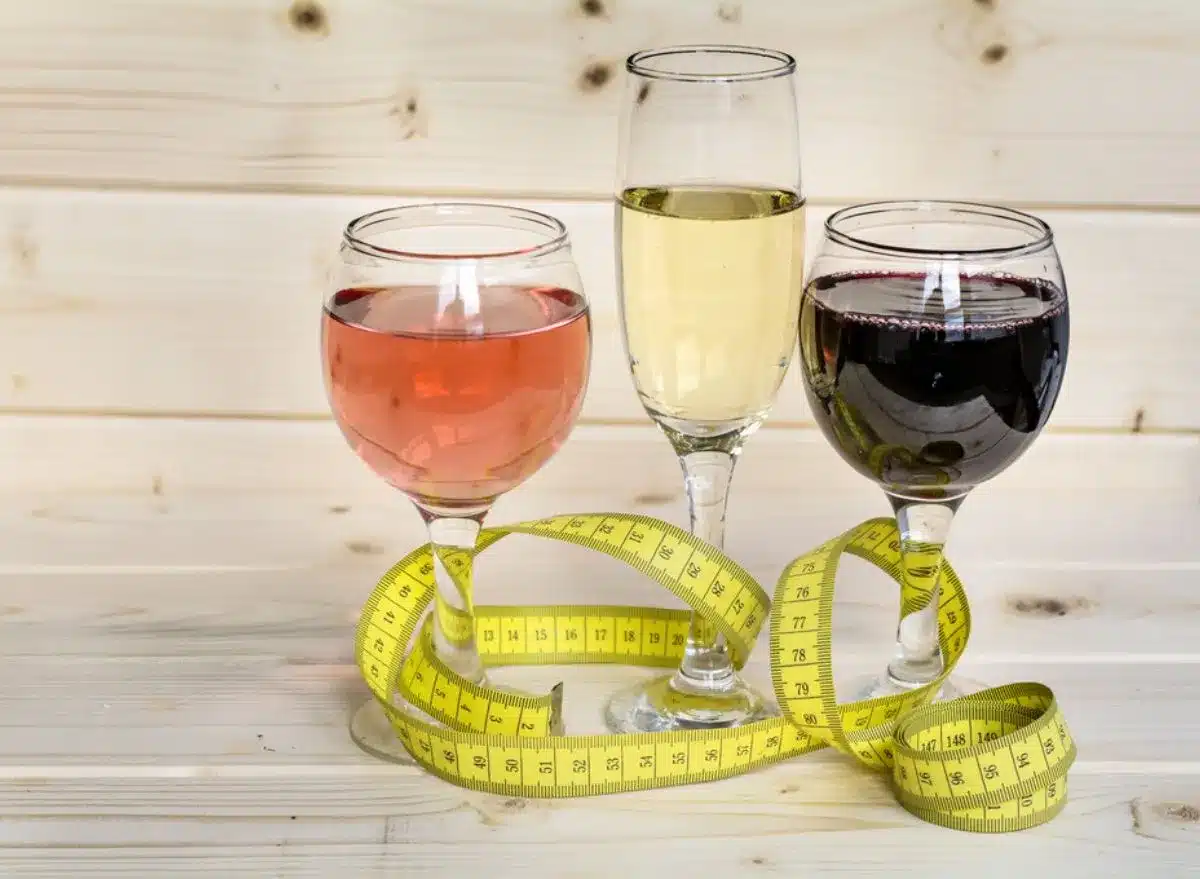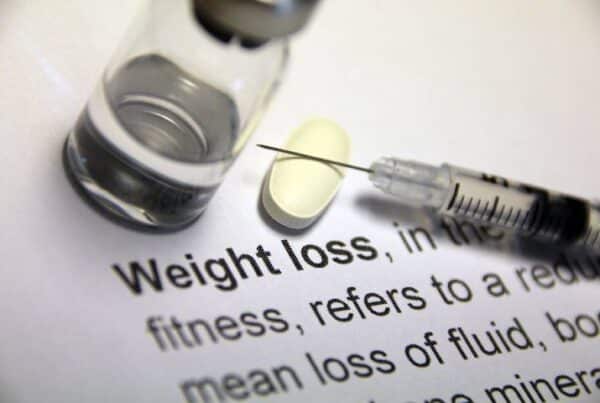When it comes to weight loss, every calorie counts. While most people are aware of the impact of sugary snacks and fast food, many overlook a common culprit: alcohol. Understanding how alcohol affects your weight loss journey is crucial for making informed decisions and achieving your health goals. In this article, we’ll explore the effects of alcohol on weight loss and provide tips for making healthier choices.
How Alcohol Affects Weight Loss
1. High Caloric Content
One of the most significant ways alcohol impacts weight loss is through its calorie content. A standard serving of alcohol, such as a 5-ounce glass of wine or a 12-ounce beer, typically contains around 120-150 calories. Cocktails can be even higher, especially those made with sugary mixers. Consuming alcohol regularly can lead to a substantial increase in your daily caloric intake, which can hinder weight loss efforts.
2. Metabolic Disruption
When you consume alcohol, your body prioritizes metabolizing it over other nutrients. This means that while your liver is busy breaking down alcohol, it’s less efficient at metabolizing fats and carbohydrates. As a result, the fat you consume may be more likely to be stored rather than burned off, slowing down your weight loss progress.
3. Increased Appetite
Alcohol can increase appetite and lower inhibitions, leading to overeating. Studies have shown that drinking alcohol can stimulate appetite and lead to increased consumption of high-calorie, unhealthy foods. This effect can make it challenging to stick to a healthy eating plan, especially if you’re drinking in social settings where unhealthy snacks are often available.
4. Impact on Sleep
Quality sleep is essential for weight management. Alcohol can interfere with sleep patterns, leading to poor-quality rest. Disrupted sleep can affect hunger hormones and lead to increased cravings for high-calorie foods, further complicating weight loss efforts.
Tips for Making Healthier Alcohol Choices
1. Choose Lower-Calorie Options
Opt for beverages with lower calorie content. Light beers, dry wines, and spirits mixed with calorie-free mixers (like soda water or diet tonic) can be better choices. Avoid sugary cocktails and high-calorie mixers, which can significantly increase your calorie intake.
2. Practice Portion Control
Be mindful of portion sizes. Stick to one standard drink per occasion to help manage your caloric intake. Using smaller glasses and measuring your drinks can help you stay within your limits.
3. Hydrate Well
Alcohol can be dehydrating, so it’s essential to stay hydrated. Drink a glass of water between alcoholic beverages to help mitigate the effects of alcohol and keep yourself from drinking more than you intended.
4. Eat Before Drinking
Having a healthy meal or snack before consuming alcohol can help reduce its impact on your appetite. Choose nutrient-dense options that provide fiber and protein, which can help you feel fuller and prevent excessive snacking.
5. Plan Your Drinks
Plan your alcohol consumption ahead of time. Decide in advance how many drinks you’ll have and stick to that number. This can help you stay accountable and prevent spontaneous drinking that can lead to overconsumption.
6. Be Mindful of Social Influences
Social settings can encourage excessive drinking. If you’re in a situation where others are drinking heavily, it’s okay to politely decline or stick to non-alcoholic options. Focusing on social interactions rather than just drinking can help you stay on track with your weight loss goals.
Conclusion
Alcohol can have a significant impact on your weight loss efforts by adding extra calories, disrupting metabolism, increasing appetite, and affecting sleep quality. However, making informed choices and practicing moderation can help you enjoy social occasions without derailing your weight loss goals. By opting for lower-calorie drinks, controlling portions, staying hydrated, and planning ahead, you can strike a balance that supports your health and fitness objectives.
For more tips on healthy living and weight loss, subscribe to our newsletter and stay updated with the latest articles and advice.




